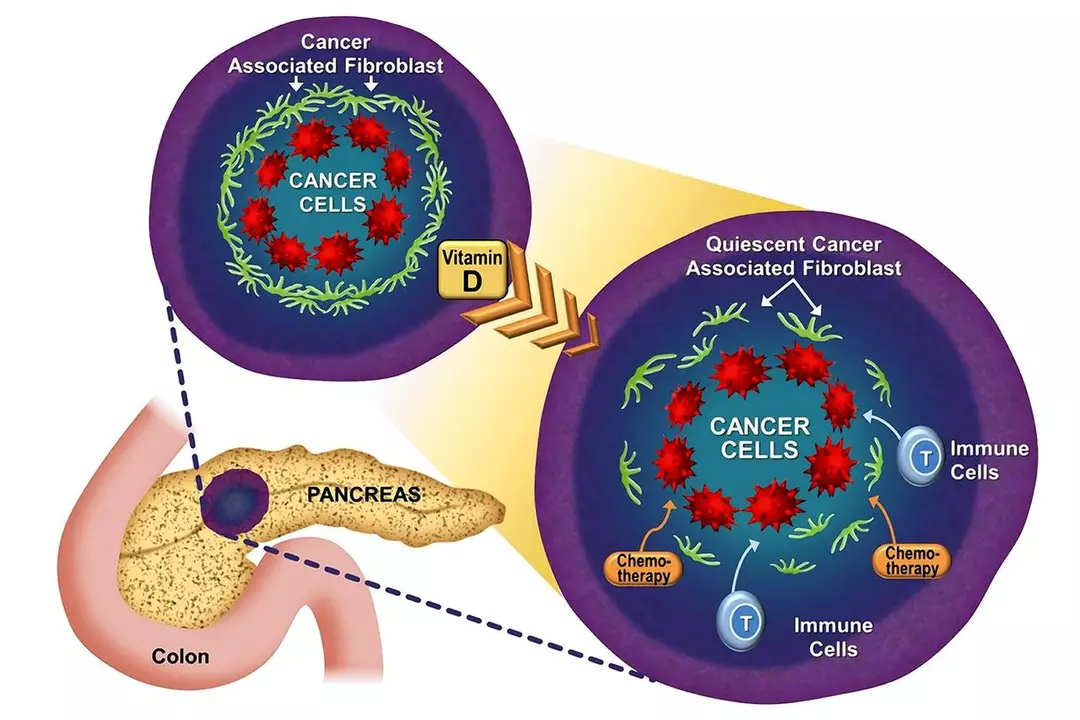Vitamin D Analog: Uses, Safety, and How to Get Them
Vitamin D analogs are prescription medicines that act like vitamin D but target specific conditions more precisely. Doctors use them to treat low calcium from low parathyroid function, bone problems in chronic kidney disease, and some skin conditions like psoriasis. They’re not the same as over‑the‑counter vitamin D supplements, so don’t swap them without a clinician’s OK.
How they work and common types
These drugs help the body absorb and use calcium and phosphate. That’s helpful when the body’s natural vitamin D activation is faulty. Common examples are calcitriol, alfacalcidol, paricalcitol, and topical calcipotriol (used for psoriasis). Some come as pills or drops, others are IV, and a few are creams applied to the skin.
If you have chronic kidney disease, your doctor may pick a specific analog that lowers parathyroid hormone without pushing calcium way up. For skin use, calcipotriol helps control flaky patches without the broad effects of systemic vitamin D.
How to use them and what to watch for
Take vitamin D analogs exactly as prescribed. Labs matter: expect regular blood tests for calcium, phosphate, and kidney function. Signs of too much calcium include nausea, weakness, thirst, frequent urination, and confusion. If you notice any of those, call your provider and get bloodwork.
A few simple habits help: keep a list of all your meds (including OTC calcium and vitamin D), don’t double doses, and tell your doctor about diuretics like thiazides—those can raise calcium and increase risk of hypercalcemia. Women who are pregnant or breastfeeding should talk to their provider before using these drugs.
Topical vitamin D analogs for psoriasis need different care: apply only to affected skin, avoid eyes and broken skin, and follow the product timing your clinician gives you. If irritation or worsening occurs, stop and check with the dermatologist.
Not every patient gets the same drug or dose. Dosing depends on lab numbers, kidney function, and your condition. That’s why follow‑up and lab monitoring are nonnegotiable.
Buying safely and practical tips
These are prescription medicines. If you buy online, use a licensed pharmacy that asks for a valid prescription. Check the pharmacy’s license, read reviews, and use secure payment methods. Avoid sites that promise no‑prescription delivery—those often sell low‑quality or dangerous products.
If cost is a worry, ask your prescriber about generic options, patient assistance programs, or local pharmacy discounts. When switching pharmacies, bring your latest lab results so the new pharmacist and doctor know your last dose and labs.
Want to learn more or find related guides? Our site covers safe online pharmacies, medication alternatives, and practical tips for managing prescriptions on a budget. If you have symptoms or questions about a specific vitamin D analog, talk to your healthcare provider—medical advice should always be tailored to you.
Alfacalcidol and its Potential in Cancer Prevention
As a blogger, I recently came across some fascinating research on Alfacalcidol and its potential role in cancer prevention. Alfacalcidol, a derivative of Vitamin D, has been found to have promising effects in inhibiting the growth of cancer cells. Studies indicate that it helps regulate cell differentiation and proliferation, which could lead to a reduced risk of cancer development. Furthermore, Alfacalcidol has been observed to enhance the immune system's ability to fight cancer cells. With continued research, we may see Alfacalcidol become an essential component in cancer prevention strategies.
Read More
